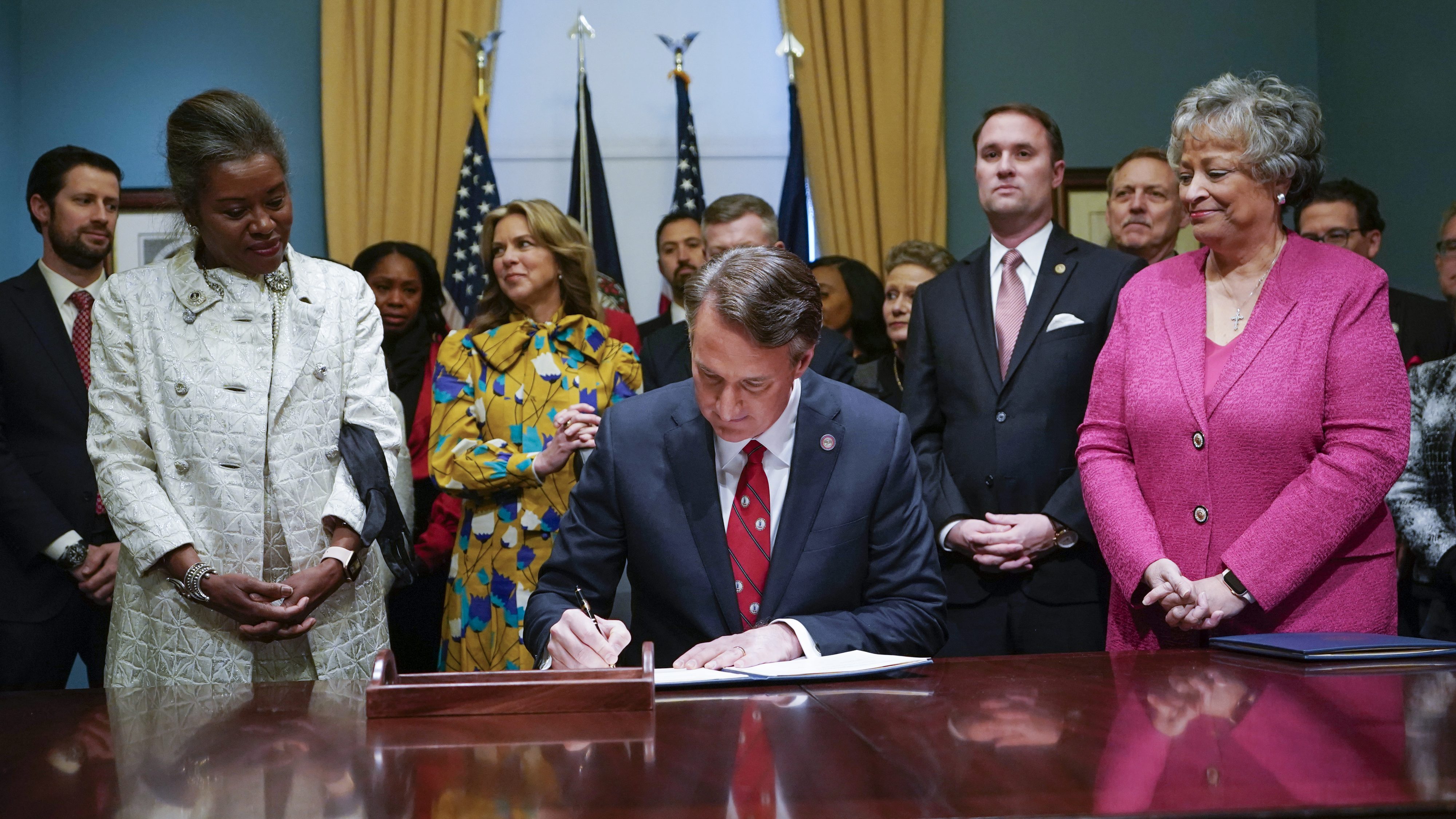VPM News sues Virginia Education Department for access to Critical Race Theory record

Update: On April 19, the Virginia Department of Education turned over the record it previously withheld from VPM News. As VPM News reporter Ben Paviour reported, the document provides instructions for state agencies to respond to Gov. Glenn Youngkin’s executive orders, including one banning Critical Race Theory in Virginia’s public schools. In a letter to Reporters Committee attorneys, Virginia’s deputy attorney general said the decision to release the requested record was discretionary, not mandatory. Reporters Committee Staff Attorney Lin Weeks told VPM News that the document “should never have been withheld in the first place.” But, he added, “we’re glad the Department of Education has released the record without the need for a court hearing and now provided the transparency required under the law.”
On behalf of VPM News, attorneys for the Reporters Committee for Freedom of the Press are suing Virginia’s Department of Education for refusing to disclose a record related to Gov. Glenn Youngkin’s executive order banning Critical Race Theory in the Commonwealth’s K-12 public schools.
In the lawsuit, filed Wednesday in a Richmond trial court, Virginia’s NPR and PBS affiliate and reporter Ben Paviour argue that the department is shielding a document from the public in violation of the state’s Freedom of Information Act. Government officials are withholding a memorandum from the governor’s office that seemingly included written instructions for carrying out Youngkin’s executive order “to end the use of inherently divisive concepts, including Critical Race Theory,” an academic concept that explores the history of systemic racism in America.
“The public has a right to know how the government is carrying out an executive order that’s been the subject of intense public interest since Gov. Glenn Youngkin signed it on his very first day in office,” said Lin Weeks, a staff attorney for the Reporters Committee for Freedom of the Press. “That’s why Virginia’s open records law exists: so communities can access information about how their government is operating, be more informed and hold public officials accountable.”
VPM News’ lawsuit stems from a public records request Paviour submitted to Virginia’s Department of Education three days after Youngkin signed the executive order banning Critical Race Theory on his first day in office on Jan. 15. In the request, the reporter specifically asked for emails from two department officials — Jillian Balow, Virginia’s superintendent of public instruction, and Elizabeth Schultz, assistant superintendent of public instruction — that referenced “Critical Race Theory” or “divisive concepts.”
The department disclosed some records but withheld others, including the document described by the sender as containing instructions for implementing the executive orders, claiming they were exempt from disclosure under a provision of the law that shields “[w]orking papers and correspondence of the Office of the Governor.” Paviour challenged the Department of Education’s argument for shielding some of the records, but government officials stood by their decision to keep the documents secret.
VPM News and Paviour then sued the department, with legal support from Reporters Committee attorneys. In the lawsuit, Reporters Committee attorneys claim that the Department of Education is unlawfully withholding the requested records. They argue that the “working papers” exemption cited by the department does not apply to records that have been shared outside of the governor’s office. Nor does it apply to documents that were created by government officials after an executive decision has been made.
In this case, Reporters Committee attorneys argue, the memorandum was shared with officials at a state agency. And it almost certainly included instructions for carrying out an already-issued executive order from the governor’s office.
“When the Governor’s Office issues written instructions to an agency requiring it to take actions that will affect all students in Pre-K–12 public schools in the Commonwealth, those instructions are the public’s business, and the agency that receives them cannot plausibly — let alone lawfully — claim that those instructions must remain secret as ‘working papers’ of the Governor’s Office,” Reporters Committee attorneys wrote in a brief in support of the lawsuit. “Yet that is precisely what occurred here.”
The lawsuit asks the Circuit Court for the City of Richmond to order the Department of Education to immediately produce the contested record for the court to review privately and then order the government to either disclose the document in full or provide an explanation for why any portion of the record should be withheld under an applicable exemption to the state’s public records law.